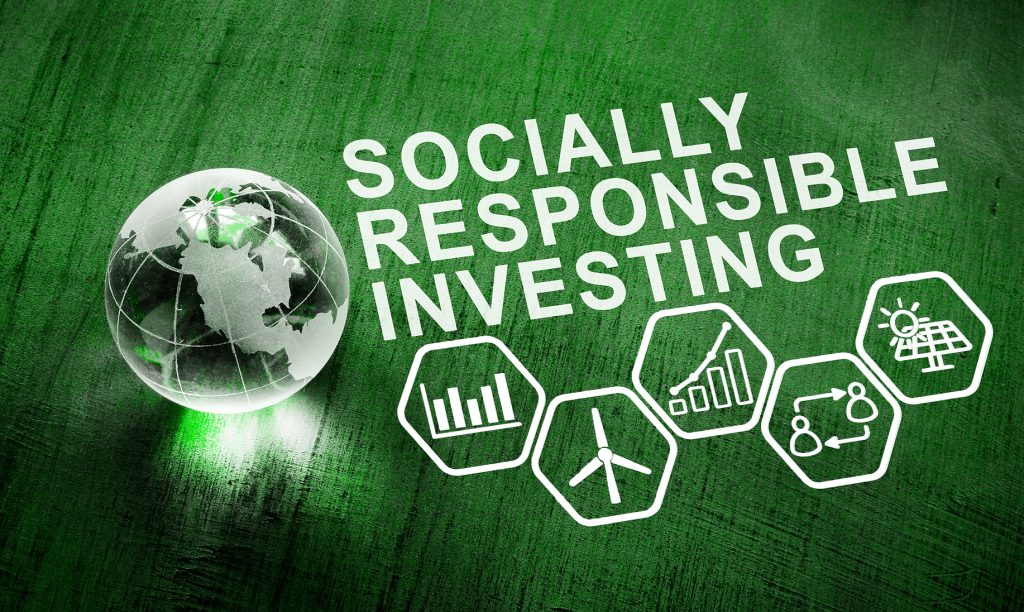
Glass globe and inscription Socially responsible investing SRI.
In recent years, responsible investing has emerged as a significant force in the financial world, with investors increasingly seeking to align their portfolios with their values. From environmental sustainability to social justice, the latest trends in responsible investing reflect a growing awareness of the interconnectedness between financial performance and societal impact.
One of the prominent trends in responsible investing is the integration of environmental, social, and governance (ESG) criteria into investment decision-making processes. Investors are increasingly recognizing the materiality of ESG factors in assessing the long-term sustainability and risk profile of companies. As a result, asset managers and institutional investors are incorporating ESG considerations into their investment analysis to identify opportunities and mitigate risks.
Another notable trend is the rise of impact investing, which seeks to generate positive social and environmental outcomes alongside financial returns. Impact investors are actively deploying capital into projects and businesses that address pressing global challenges, such as climate change, healthcare access, and poverty alleviation. This approach goes beyond simply avoiding harm and instead aims to actively contribute to positive change.
Furthermore, shareholder activism has gained momentum as investors use their ownership stakes to advocate for corporate responsibility and accountability. Shareholder resolutions on issues such as climate change, diversity and inclusion, and executive compensation are becoming increasingly common, reflecting investors’ desire to drive change from within companies.
In addition to these trends, sustainable investing products, such as green bonds and ESG-themed exchange-traded funds (ETFs), are experiencing rapid growth as investors seek accessible ways to allocate capital responsibly. These products provide investors with diversified exposure to companies that adhere to strict sustainability criteria, allowing them to align their investment portfolios with their values.
Moreover, corporate disclosure and transparency have become focal points for responsible investors, who demand greater clarity on companies’ ESG practices and performance. Enhanced reporting standards, such as the Task Force on Climate-related Financial Disclosures (TCFD) recommendations, are encouraging companies to disclose their climate-related risks and opportunities, enabling investors to make more informed decisions.
Overall, the latest trends in responsible investing underscore a fundamental shift in the investment landscape, where financial returns are increasingly viewed in conjunction with societal impact. As investors continue to prioritize sustainability and social responsibility, the demand for responsible investment strategies is expected to accelerate, reshaping the future of finance towards a more sustainable and equitable world.












